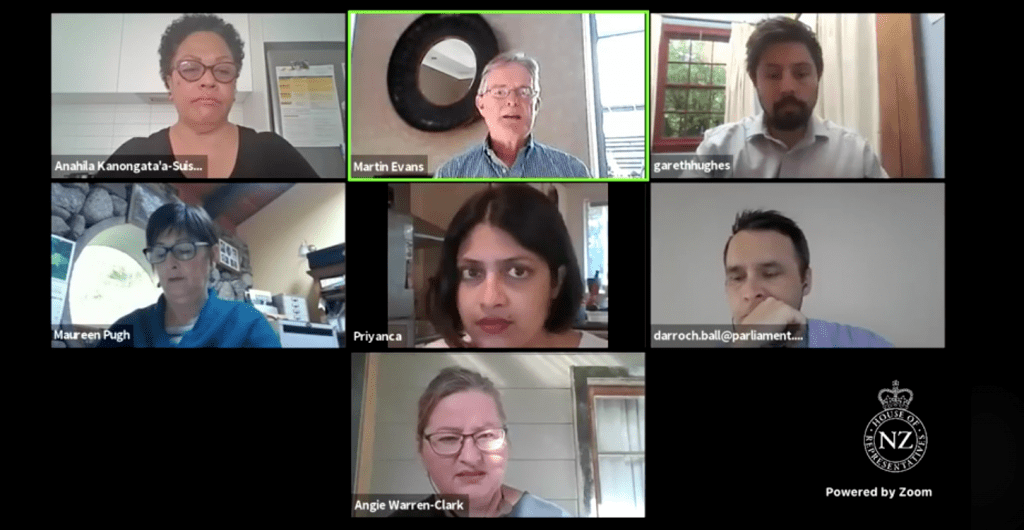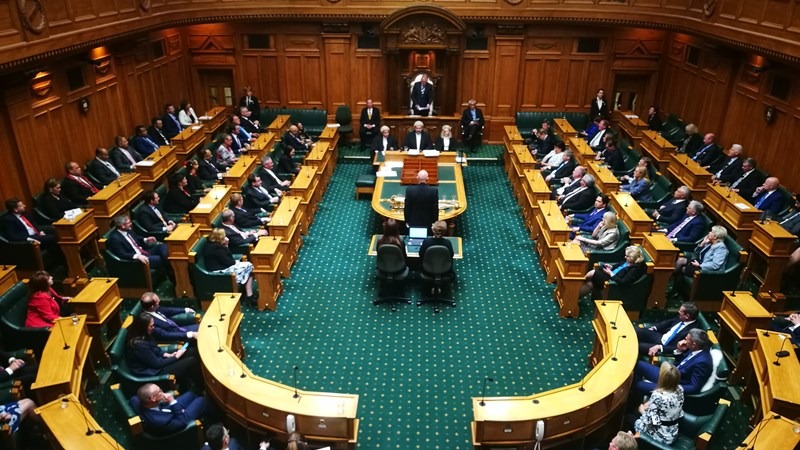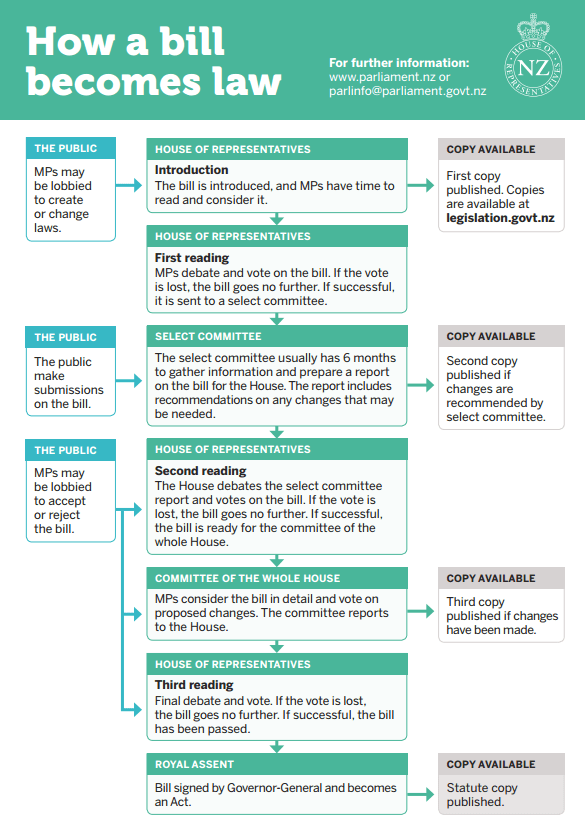The latest news for New Zealand Landlords and Tenants
Residential Tenancies Act Amendment submissions go ahead during lockdown
While New Zealanders have been in lockdown, the select committee has continued to work on some bills. Namely, the Residential Tenancies Act Amendment bill.
With property investment circles labelling it as an ‘underhanded’ move from the Government, this is one of just a handful of bills that are being worked on during the lockdown period.
The Minister of Housing, Megan Woods, advised on March 27th that all non-essential parliamentary business would be suspending. This was for all business currently before select committees, including the Residential Tenancies Act Amendment bill.
However, in April an email was sent to those who made a submission on the bill. The email was asking when people wanted to be contacted to give their oral submission. Submissions were then conducted throughout April via video conferencing, and can be viewed on the Social Services and Community Facebook Page.

Pushing on despite the pandemic
Many New Zealanders are struggling with job losses and businesses shutting down during lockdown. Kiwi landlords are also adapting to new regulations around rent arrears and evictions.
The Government put these new temporary regulations in place to make sure that tenancies continued throughout the lockdown. This included a rent increase freeze, and a ban on terminations except in exceptional circumstances. Landlords are also unable to apply to have a tenancy terminated due to rent arrears unless the tenant is more than 60 days behind in rent.
With added risks to their investments and rent prices likely to drop, how will landlords react if this bill comes to pass? Will we see masses of landlords exiting the market over the following months? It is still early in the process for the RTA bill and there are many hurdles to overcome before this bill passes in to law. We outline the main changes to the Residential Tenancies Act, and the process involved before this bill can become law.
What are the main changes in the RTA?
- Limiting rent increases to once every 12 months instead of every 6
- A ban on rental bidding
- Fixed-term tenancies will automatically become periodic tenancies once the fixed term ends
- Extending the notice period tenants must be given if the landlord wants to sell or move into the property. From 42 days to 90 days
- Allowing tenants add minor fittings to the property such as baby-proofing, hanging pictures, and earthquake proofing
- Ending 90 day no cause evictions. Currently, periodic tenancy agreements can be terminated without cause as long as the landlord gives 90 days notice. The RTA will now have a list of approved reasons for termination.
- The Tenancy Tribunal will be able to award compensation or order work to be done up to a value of $100,000. (currently the maximum is $50,000)
- Anonymising complaints to the Tenancy Tribunal by default if the plaintiff successfully enforces their rights or defending a claim against them.
What was the outcome at the first reading?
The first reading of the RTA amendment bill passed on the 20th of February with 63 Ayes and 57 Noes. This meant that the bill went to the select committee. The full transcripts of the reading are available to read online.

What is happening at the select committee?
After referring a bill to a select committee, they usually have 6 months to examine it and prepare a report for the House. The bill is currently before the Social Services Select Committee, made up of nine Members of Parliament.
The select committee invited public submissions on this bill, with submissions closing on the 25th of March 2020. They have since been holding public hearings and listening to some of those who made submissions. After listening to the submissions via video conferencing, they will be working through the issues raised. Next, the committee will be deciding what changes, if any, they should be making to the bill.
The select committee will be producing a report which contains:
- a reprint of the bill with recommended changes (known as amendments)
- a commentary in which the committee explains its recommended changes and the issues it has considered.
What will happen at the second reading of the bill?
Update: The Select committee report is now due on the 13th of July
The house will debate again and members will vote. Losing the vote means the bill will not be going any further. However if the majority vote yes, the bill will be progressing to the next committee. It is worth noting that votes for and against can change drastically between readings. Looking to the recently passed Abortion Legislation Act and you can see an example of this; 94 for 23 against at the first reading before eventually passing in to law by a narrower margin of 68 for and 51 against.
While submissions to the bill have long closed, there is still opportunity to have your say on the proposed changes. After the second reading, you can lobby your local MP to accept or reject the bill before it goes to the third and final reading.





